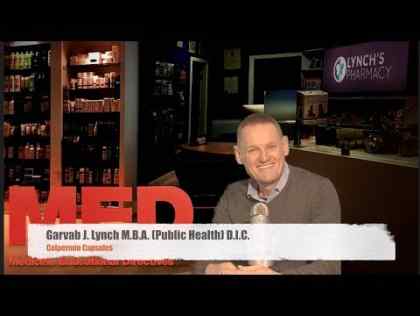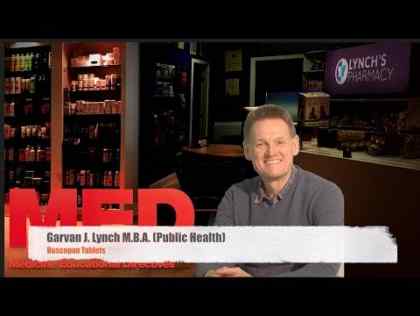How do I recognise it?
The signs and symptoms of Irritable Bowel Syndrome can vary widely from person to person and often resemble those of other diseases. Among the most common are:
-
Abdominal pain or cramping
-
A bloated feeling
-
Gas (flatulence)
-
Diarrhoea or Constipation — sometimes alternating bouts of Constipation and Diarrhoea
-
Mucus in the stool
Causes
It's not known exactly what causes Irritable Bowel Syndrome. The walls of the intestines are lined with layers of muscle that contract and relax in a coordinated rhythm as they move food from your stomach through your intestinal tract to your rectum. If you have Irritable Bowel Syndrome, the contractions may be stronger and last longer than normal. Food is forced through your intestines more quickly, causing gas, bloating and Diarrhoea.
In some cases, the opposite occurs. Food passage slows, and stools become hard and dry. Abnormalities in your nervous system or colon also may play a role, causing you to experience greater than normal discomfort when your abdomen stretches from gas.
Triggers bother some, not others
For reasons that still aren't clear, if you have IBS you probably react strongly to stimuli that don't bother other people. Triggers for IBS can range from gas or pressure on your intestines to certain foods, medications or emotions. For example:
-
Foods. Many people find that their signs and symptoms worsen when they eat certain foods. For instance, chocolate, milk and alcohol might cause Constipation or Diarrhoea. Carbonated beverages and some fruits and vegetables may lead to bloating and discomfort in some people with IBS. The role of food allergy or intolerance in Irritable Bowel Syndrome has yet to be clearly understood. If you experience cramping and bloating mainly after eating dairy products, food with caffeine, or sugar-free gum or candies, the problem may not be Irritable Bowel Syndrome. Instead, your body may not be able to tolerate the sugar (lactose) in dairy products, caffeine or the artificial sweetener sorbitol.
-
Stress. If you're like most people with IBS, you probably find that your signs and symptoms are worse or more frequent during stressful events, such as a change in your daily routine or family arguments. But while stress may aggravate symptoms, it doesn't cause them.
-
Hormones. Because women are twice as likely to have IBS, researchers believe that hormonal changes play a role in this condition. Many women find that signs and symptoms are worse during or around their menstrual periods.
-
Other illnesses. Sometimes another illness, such as an acute episode of infectious Diarrhoea (gastroenteritis), can trigger IBS.
How do you treat it?
Like any disease, even if there is no cure, there is almost always something you can do to manage it and take control. There are three main areas involved in the treatment of any disease:
For information on medicines and therapies relevant to IBS, make an appointment at Lynch's Pharmacy, Broadale, Douglas, Cork on 021-4366923.
Learn all about the drugs used to treat the disease and any complementary medicines or therapies proven to help. Equip yourself with the tools to manage the condition and not be managed by it.
How do you live with it?
Certain adjustments may be needed to get on with your life, and often, some simple tips and advice can go a long way to making these changes.
When you come to a Lynch's Pharmacy Clinic, we give you all the necessary information available to make your life more manageable and allow you to better live with your condition.
References
IBS-http://en.wikipedia.org/wiki/Irritable_bowel_syndrome
IBS, a comprehensive overview- http://www.mayoclinic.com/health/irritable-bowel-syndrome/DS00106






